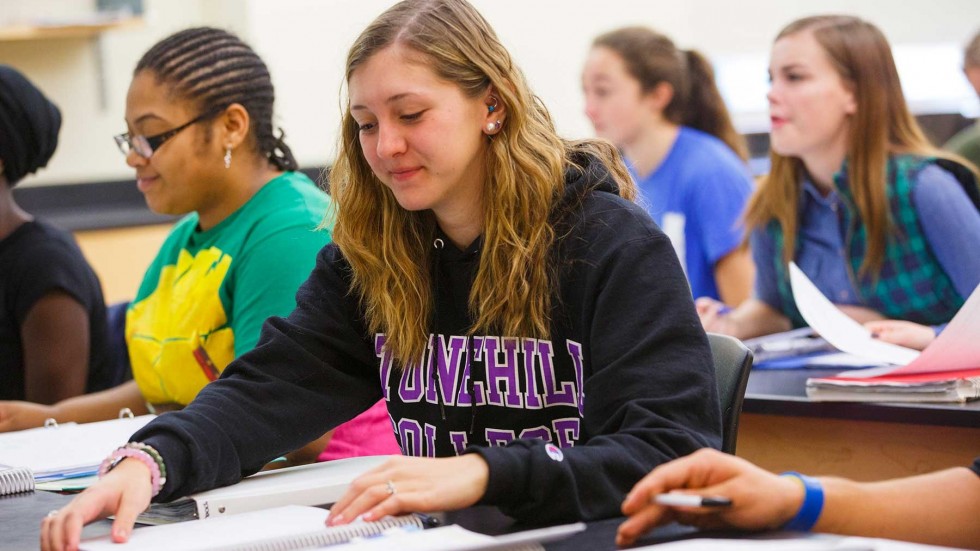Latin American & Caribbean Studies Minor
The Latin American & Caribbean Studies minor brings together resources from across academic disciplines including business, history, political science, foreign languages, economics, sociology and religious studies.

Program Overview
Latin America and the Caribbean are among the most culturally, politically and economically important regions to the United States. Understanding the diverse historical, cultural, economic and political developments in Latin America and the Caribbean provides students with intellectual advantages in many areas of study and future career paths.
Competitive Advantages
The Latin American & Caribbean Studies minor contributes significantly to a variety of majors such as comparative literature, history, economics, business, sociology, religious studies, environmental science, foreign languages, political science and philosophy.
This minor encourages students to study and learn about Latin America and the Caribbean from interdisciplinary, theoretical, practical and experiential perspectives.
This minor is the perfect bridge between my Spanish and political science majors, and it allows me to use my experiences and interests to develop a more complete understanding of the region.
Opportunities for Experiential Learning
Study Abroad Opportunities
For example, one such internship opportunity is working on economic development for a nongovernmental agency in Nicaragua while taking courses at the National Autonomous University of Nicaragua-León, Nicaragua’s oldest and most prestigious university.
Graduate & Professional School Studies
Sample Latin American & Caribbean Studies Courses
Perspectives in Spanish Language and Culture I
Latin American People and Cultures
Comparative Empires: Spain and Portugal
Liberation Theology: Latin American Perspective
Contact Information
